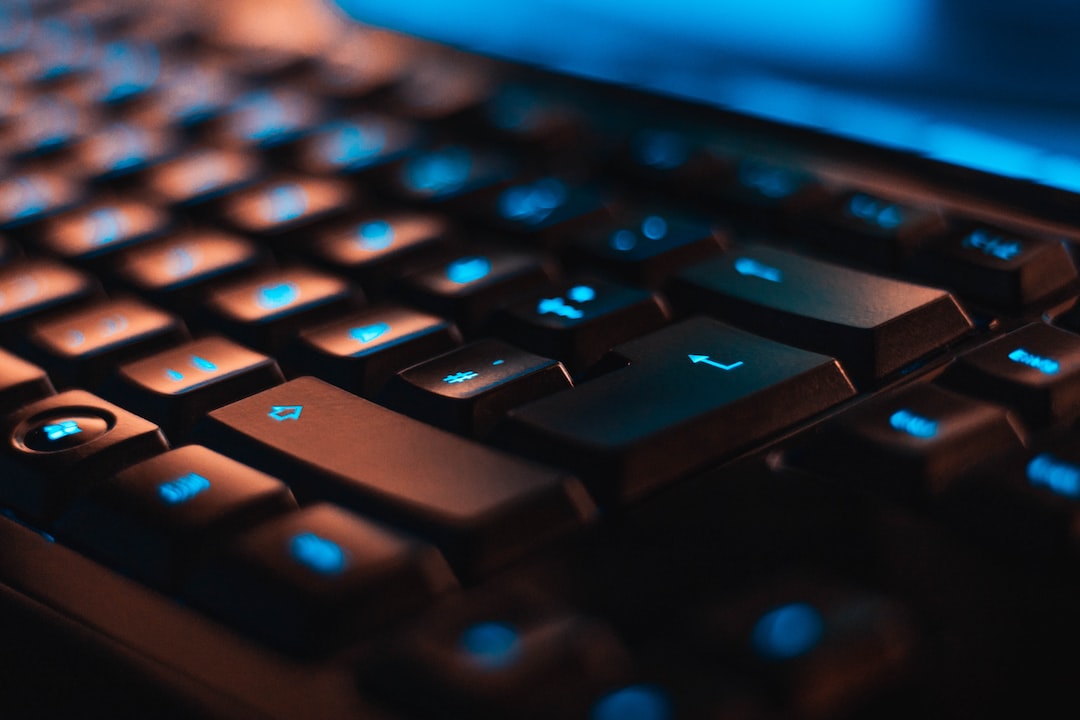The Role of Social Media in the Modern World
In the ever-evolving digital landscape, it is undeniable that social media has revolutionized the way we communicate, connect, and consume information. From keeping us informed about current events to shaping cultural attitudes, social media plays a pivotal role in shaping the modern world. This blog post will delve into the significant impact of social media on various aspects of our lives.
One of the most apparent roles of social media in the modern world is its influence on communication. Platforms such as Facebook, Twitter, and Instagram have provided a space for individuals to connect and interact with each other on a scale never seen before. With a few clicks, people can share their thoughts, opinions, and experiences across the globe. This instantaneous form of communication has bridged distances and broken down barriers, facilitating the exchange of ideas, fostering cultural understanding, and even sparking social movements.
Social media has also become an essential medium for news consumption. With the decline of traditional media outlets, more people turn to platforms like Twitter as their primary source of information. From breaking news stories to live updates, social media keeps us informed and engaged with current events in real-time. However, it is important to exercise caution and critical thinking when consuming news on social media, as misinformation and “fake news” can easily spread and influence public opinion.
Not only does social media have an impact on our personal lives, but it also plays a crucial role in business and marketing strategies. As the number of social media users continues to rise, companies have recognized the importance of establishing a strong online presence to reach and engage with their target audience. Platforms like Facebook and Instagram provide powerful marketing tools, allowing businesses to promote their products or services, increase brand exposure, and interact with customers on a more personal level. Social media has become a valuable avenue for customer feedback, reviews, and recommendations, shaping consumer decisions and driving purchasing behavior.
Furthermore, social media has played a significant role in activism and social movements. These platforms have become catalysts for social change, empowering marginalized communities to have their voices heard and challenging societal norms. Movements like #BlackLivesMatter and #MeToo have ignited global conversations, shed light on important issues, and prompted real-world actions. Social media has proven to be a powerful tool for organizing protests, raising awareness, and mobilizing support for causes around the world.
However, it is important to acknowledge the negative effects and challenges posed by social media in the modern world as well. The addictive nature of these platforms can lead to a decrease in productivity, mental health issues, and a distorted self-image due to constant comparison with others. Cyberbullying and online harassment have also become prevalent issues, exacerbating the negative impact of social media. It is crucial to strike a balance between utilizing social media as a means of communication and staying mindful of its potential drawbacks.
The role of social media in politics cannot be ignored either. Political leaders and organizations have recognized the power of these platforms in reaching and influencing voters. Social media has become a battleground for political discourse, with campaigns utilizing targeted advertising and social media algorithms to shape public opinion and sway elections. Alongside this, concerns about the spread of disinformation and propaganda have raised questions about the role social media platforms should play in regulating political content.
In conclusion, the role of social media in the modern world is multifaceted and far-reaching. It has revolutionized the way we communicate, consume news, and engage with businesses. It has empowered individuals and communities, giving them a platform to voice their opinions and effect change. However, it also presents challenges and potential risks that need to be addressed. As social media continues to evolve, it is important for individuals, governments, and companies to navigate its impact responsibly and ethically, maximizing its benefits while minimizing its drawbacks.

